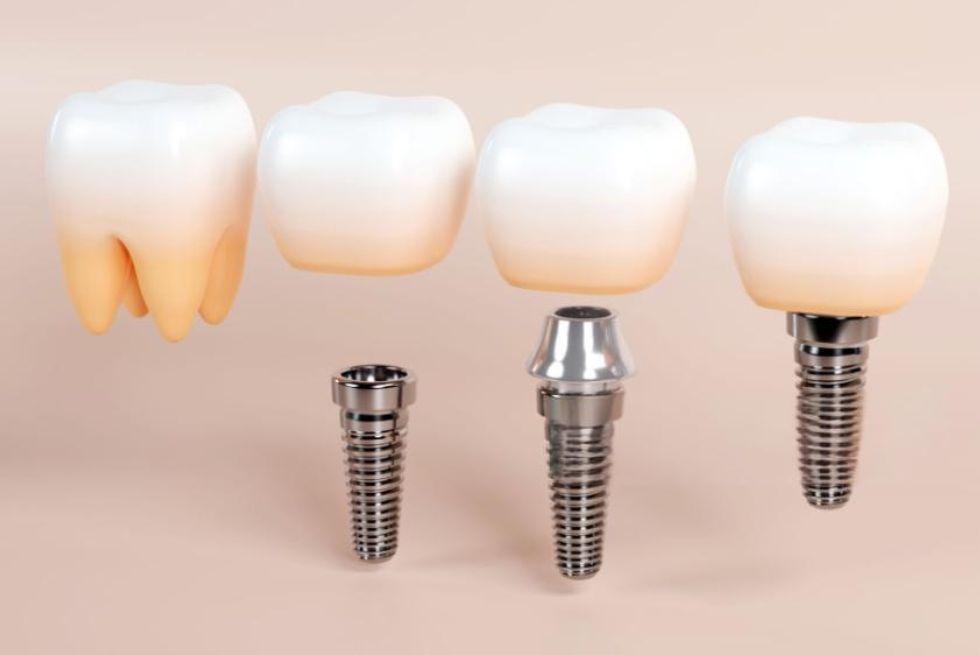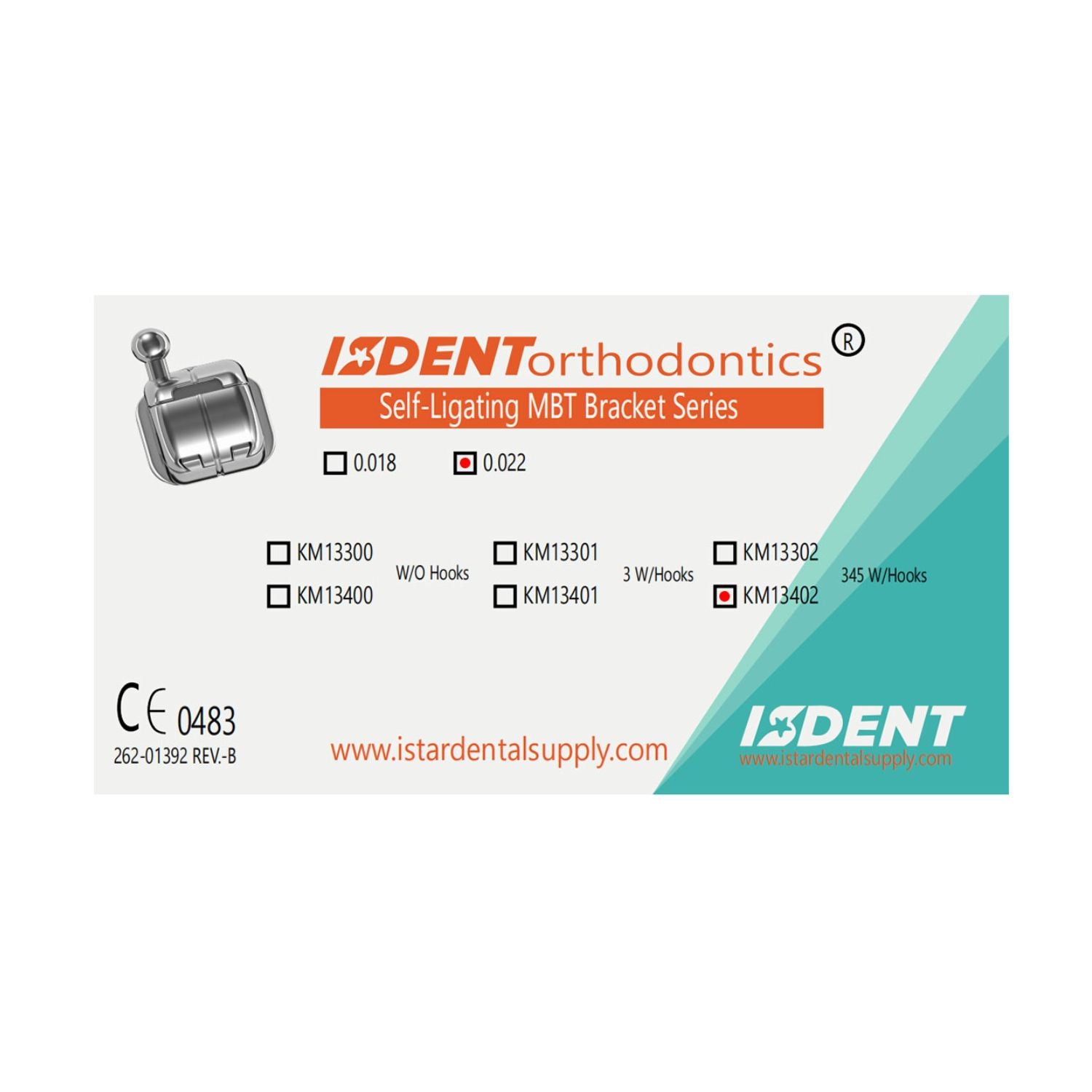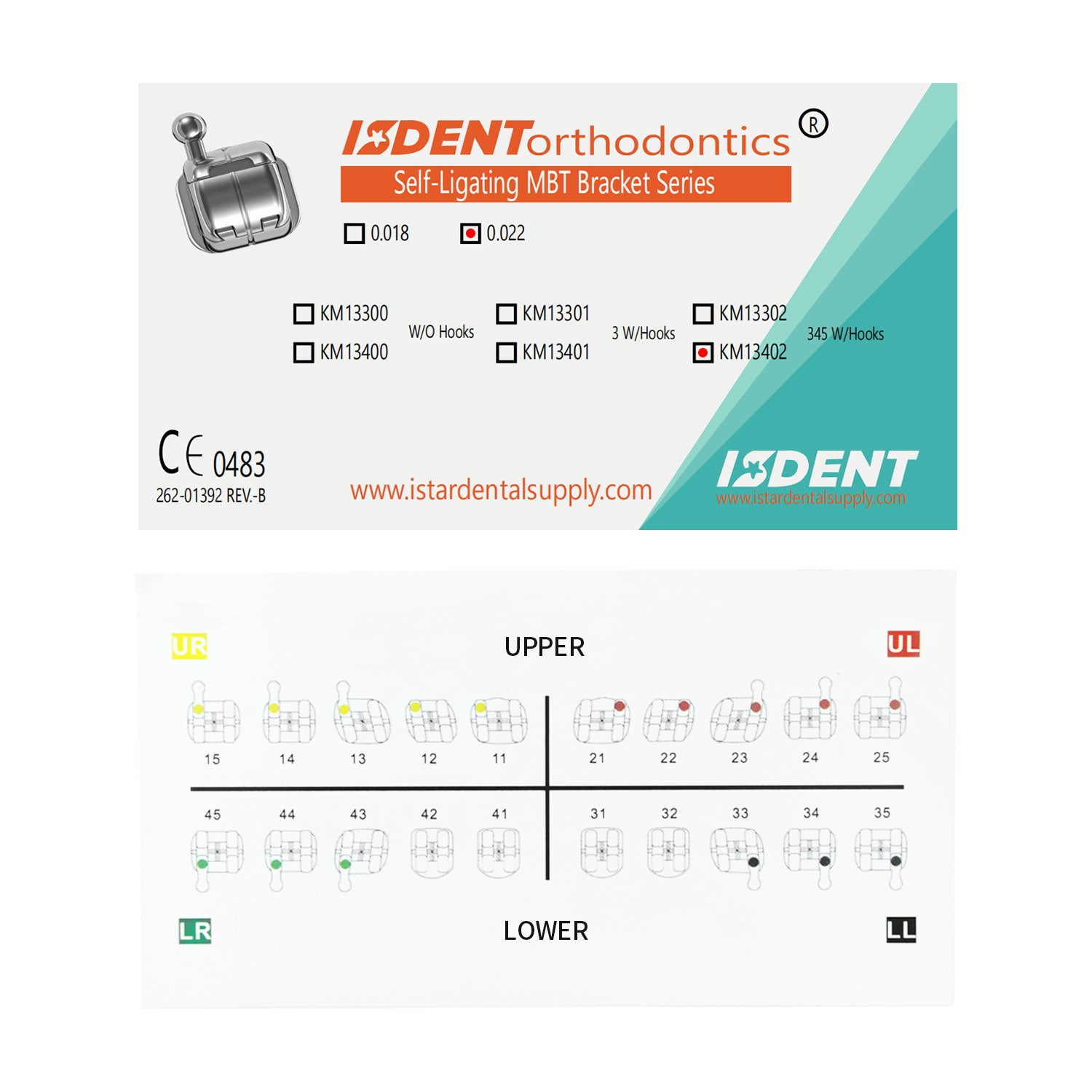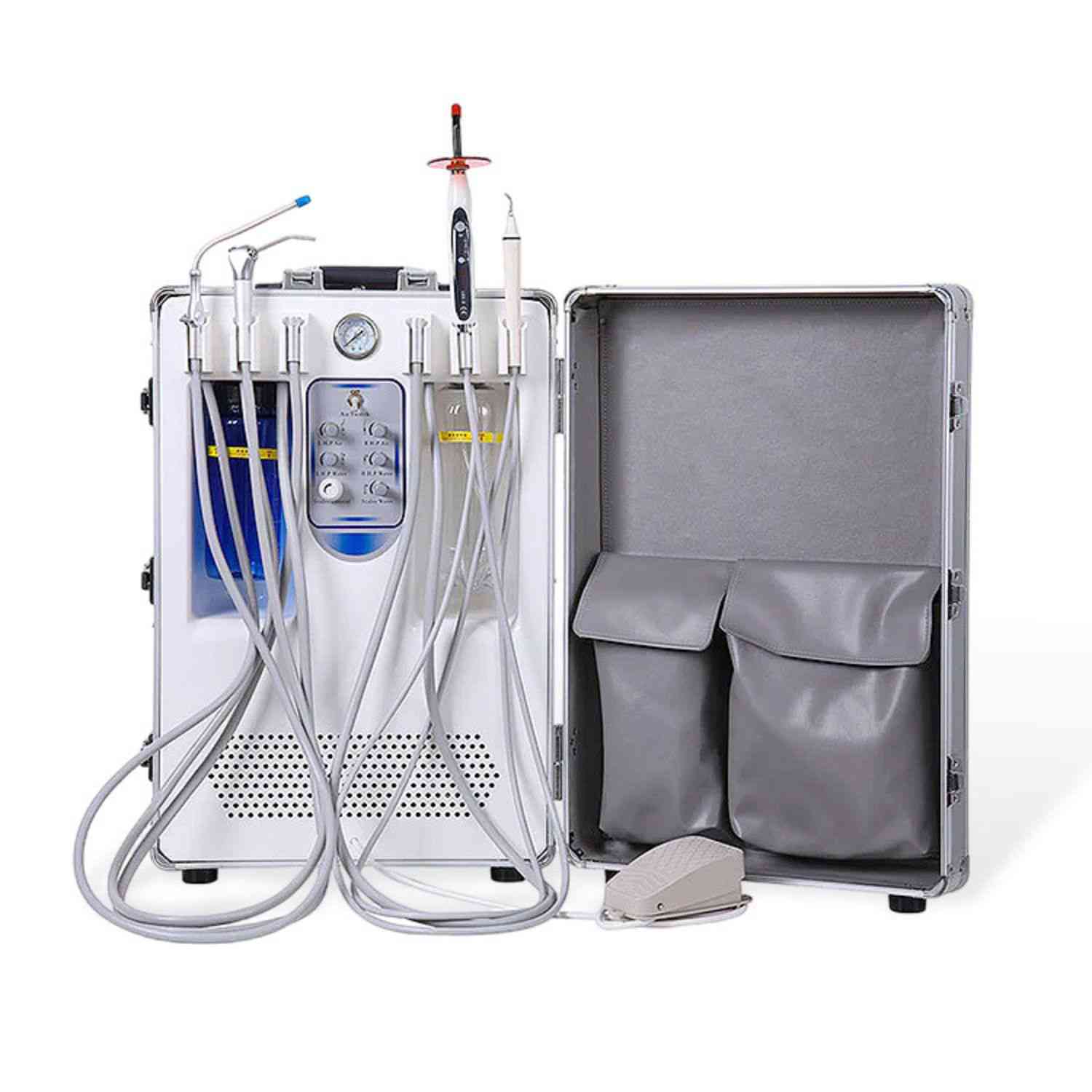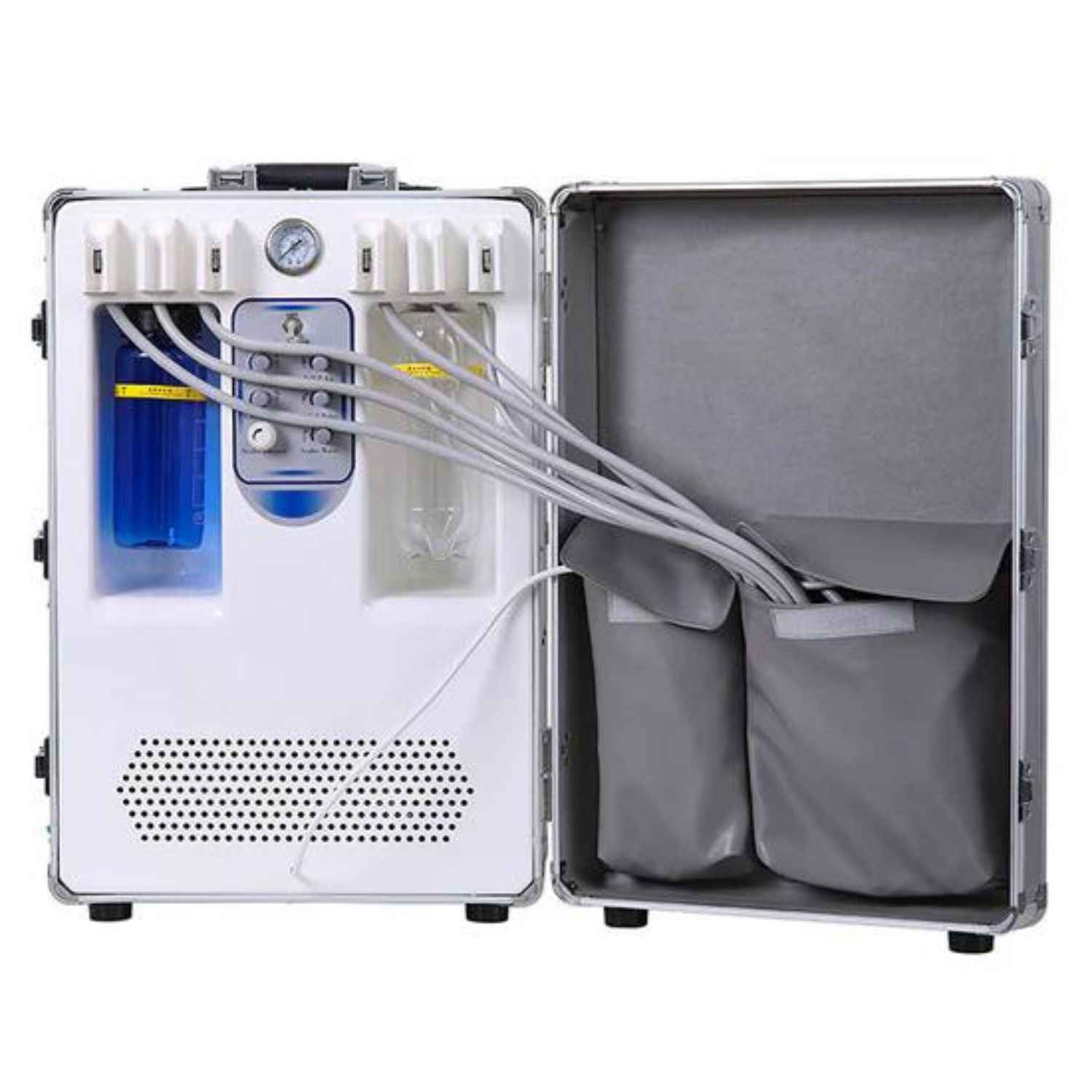Discover the Best Dental Implant Options for Your Perfect Smile
This article explores the various types of dental implants available today, helping you understand which option might be best for your specific needs. As a leading dental supply manufacturer, iStardentalSupply focuses on providing dentists, dental clinics, dental labs, dental hospitals, and dental schools with top-quality materials and equipment. We understand the importance of choosing the right dental implant, and this comprehensive guide aims to demystify the process, ultimately empowering you to make informed decisions and, hopefully, consider us for your implant material needs. We ensure that our readers have access to the best solutions to replace missing teeth. This guide is essential reading for any dental professional seeking to enhance their practice.
What Are Dental Implants and Why Are They Important?
Dental implants are essentially artificial tooth roots, typically made of titanium, that are surgically placed into the jawbone to support a replacement tooth or bridge. They serve as a sturdy foundation for fixed or removable replacement teeth that are made to match your natural teeth. For dental professionals, understanding the critical role of dental implants in restorative dentistry is paramount.
Dental implants are vitally important because they offer a long-term, often permanent, solution for missing teeth. Unlike dentures, which can slip or cause discomfort, implants fuse with the jawbone, providing a stable and secure base for artificial teeth. This integration, known as osseointegration, not only ensures the tooth remains firmly in place but also helps preserve the jawbone and prevent bone loss. This can vastly improve a patient's oral health and quality of life. From iStardentalsupply, we can supply dental clinics with the best dental surgical handpiece, which is required for implant surgery.

What Are the Main Types of Dental Implants?
There are primarily three types of dental implants: endosteal implants, subperiosteal implants, and mini dental implants. Understanding the different types of dental implants is crucial for dentists, dental clinics, dental labs, dental hospitals, and dental schools to determine the most suitable option for their patients.
- Endosteal Implants: These are the most common type of dental implant. They are directly implanted into the jawbone.
- Subperiosteal Implants: These rest on top of the jawbone but under the gum.
- Zygomatic Implants: This is the least common type and is employed when there is not enough bone to implement Endosteal Implants.
- Mini Dental Implants: These are smaller and often used for stabilization.
As manufacturers, we at iStardentalSupply emphasize that selecting the correct type of implant is crucial for the success of the implant procedure.
What Is an Endosteal Implant?
An endosteal implant is the most common type of dental implant used today. These implants are made of titanium and are shaped like small screws. During the implant procedure, the endosteal implant is placed directly into the jawbone. This provides a strong foundation, acting like an artificial tooth root.
The primary advantage of an endosteal implant is its stability. Because the implant is placed directly into the bone, it provides a very secure base for the dental crown or other prosthetic teeth. The jawbone fuses with the titanium implant over time. This is why endosteal and subperiosteal implants are some of the strongest options. This process, called osseointegration, is crucial for the long-term success of the dental implant. Endosteal implant is the most used type of implant.
What Is a Subperiosteal Implant?
A subperiosteal implant is a type of dental implant that is placed on top of the jawbone but beneath the gum tissue. Unlike endosteal implants, which are inserted into the bone, subperiosteal implants are designed for patients who have insufficient healthy jawbone to support an endosteal implant, and who are not candidates for, or do not want to undergo, a bone graft procedure.
Subperiosteal implants consist of a metal framework that rests on the jawbone. Posts, which are part of the framework, protrude through the gum to hold the replacement tooth. This type of implant is less commonly used than endosteal implants, primarily because advancements in bone grafting techniques have made endosteal implants viable for a wider range of patients. However, subperiosteal implants offer a valuable alternative for certain individuals.
What Are Mini Dental Implants?
Mini dental implants (MDIs) are a smaller and less invasive type of dental implant. They are about the size of a toothpick, significantly smaller than traditional dental implants. Mini implants are primarily used to stabilize a lower denture, although they can sometimes be used for other applications.
The advantage of mini dental implants is that the implant procedure is less complex and often doesn't require extensive surgery. They can be a good option for patients who may not have enough jawbone density for full-sized implants or for those seeking a more affordable and less invasive option. However, it's important to note that mini implants may not be suitable for all situations, and a dentist needs to assess whether they are the right choice for the patient.

What's the Deal with All-on-4 Dental Implants?
All-on-4 dental implants are a revolutionary technique that allows for a full arch of replacement teeth to be supported by just four implants. This common type of implant approach is particularly beneficial for patients who have lost most or all of their teeth or those facing significant tooth decay.
The "All-on-4" concept involves strategically placing four dental implants in the jawbone, where the bone density is typically highest. This provides a solid foundation for a fixed, full arch prosthesis. One of the key advantages of all-on-4 dental implants is that they can often be placed and loaded with temporary teeth on the same day, offering immediate improvement in appearance and function. This method can help avoid the need for more lengthy traditional dental implant treatments. We at iStardentalsupply are dedicated to innovating solutions that meet every dental professional's demand.
How Does the Dental Implant Procedure Work?
The dental implant procedure typically involves several stages. It begins with a thorough evaluation by a dentist, including X-rays and possibly 3D imaging, to assess the jawbone and plan the implant placement. Next step is dental x ray. For dental imaging the iStardentalsupply manufacture and supply top quality equipment.
- Initial Evaluation: Assessment of oral health and jawbone density.
- Implant Placement: The dental implant, usually a titanium post, is surgically inserted into the jawbone.
- Osseointegration: A period of healing where the jawbone fuses with the implant, typically lasting several months.
- Abutment Placement: Once osseointegration is complete, an abutment, which connects the implant to the replacement tooth, is attached.
- Crown Placement: Finally, a custom-made dental crown, designed to match the natural teeth, is attached to the abutment.
The entire process can take several months, but the result is a durable and natural-looking tooth replacement. Implants are placed with precision to ensure a successful implant.
What Are the Benefits of Dental Implants?
Dental implants offer numerous benefits over other tooth replacement options, such as dentures or bridges. They look and function like natural teeth, allowing patients to eat, speak, and smile with confidence.
Here are some of the key benefits of dental implants:
- Improved Appearance: Dental implants look and feel like your own teeth.
- Improved Speech: With secure implants, there's no worry about teeth slipping.
- Improved Comfort: Because they become part of you, implants eliminate the discomfort of removable dentures.
- Easier Eating: Dental implants function like your own teeth, allowing you to eat your favorite foods with confidence and without pain.
- Improved Self-Esteem: Dental implants can give you back your smile and help you feel better about yourself.
- Improved Oral Health: Dental implants don't require reducing other teeth, as a tooth-supported bridge does. More of your own teeth are left intact, improving long-term oral health.
- Durability: Implants are very durable and will last many years. With good care, many implants last a lifetime.
- Bone preservation: Implants prevent bone deterioration, which can often arise from missing teeth.
- Convenience: Dental implants eliminate the embarrassing inconvenience of removing dentures, as well as the need for messy adhesives to keep them in place.
Dental implants are a great investment in your oral health and overall well-being.

How Much Do Dental Implants Cost?
The dental implants cost can vary significantly depending on several factors. Dental implant surgery involves multiple components that contribute to the overall expense. These dental implant options ensure a full dental rehabilitation, but the financial aspect can be substantial.
Key factors influencing cost include:
- The number of implants needed.
- The type of dental implant used (endosteal, subperiosteal, or mini dental implants).
- The need for additional procedures, such as a bone graft, to strengthen the jawbone.
- The location of the dental practice and the experience of the dentist.
- The materials used for the crown or other prosthetic teeth.
- The cost of creating a custom-fit and color-matched to your existing teeth.
While dental implants can be more expensive upfront than other tooth replacement options, they are often more cost-effective in the long run due to their durability and longevity. Many dental insurance plans may cover a portion of the cost, and financing options are often available.
How to Choose the Right Dental Implant Option?
Choosing the right dental implant option is a crucial decision that should be made in consultation with a qualified dentist. The best type of dental implant for you will depend on your individual needs, oral health, jawbone density, and budget.
Here are some factors to consider:
- Jawbone Health: If you have sufficient healthy jawbone, an endosteal implant is often the preferred choice. If not, a subperiosteal implant or mini dental implants might be considered, or a bone graft may be recommended.
- Number of Missing Teeth: For a single missing tooth, a single implant is typically used. For multiple implants or a full arch of missing teeth, options like all-on-4 dental implants may be suitable.
- Overall Health: Your overall health and any medical conditions will be taken into account, as these can affect the healing process.
- Budget: The cost of different types of dental implants varies, so it's important to discuss the financial aspect with your dentist.
Ultimately, the goal is to find a dental implant solution that provides a stable, functional, and aesthetically pleasing result.
FAQs
What is the most common type of dental implant?
The most common type is the endosteal implant, which is directly placed into the jawbone.
How long do dental implants last?
With proper care, dental implants can last a lifetime. They are designed to be a permanent solution for missing teeth.
Are dental implants painful?
The implant surgery is typically performed under local anesthesia, so you should not feel pain during the procedure. Some discomfort may be experienced after the anesthesia wears off, but this can usually be managed with over-the-counter pain medication.
Can anyone get dental implants?
Most people in good general and oral health are candidates for dental implants. However, certain factors, such as insufficient jawbone density or certain medical conditions, may affect eligibility. A thorough evaluation by a dentist is necessary to determine if dental implants are the right option.
What material is used for dental implants?
Most dental implants are made of titanium, a biocompatible metal that fuses well with the jawbone. You may need other dental equipment like Dental Loupes to ensure success.
Conclusion
Here's a summary of the essential points to remember about dental implants:
- Dental implants are a highly effective and long-lasting solution for missing teeth.
- There are several types of dental implants, including endosteal implants, subperiosteal implants, and mini dental implants.
- The dental implant procedure involves several stages, including implant placement, osseointegration, and the attachment of the replacement tooth.
- Dental implants offer numerous benefits, including improved appearance, speech, comfort, and oral health.
- The cost of dental implants can vary, but they are often a worthwhile investment in the long run.
- Choosing the right dental implant option requires careful consideration and consultation with a qualified dentist.
- iStardentalsupply commitment to excellence ensures that every dental clinic, dental lab, dental hospital, and dentist receives the best instruments for patient care. You can contact us for any product.
ISTAR Dental Supply, as a manufacturer of dental supplies, plays a crucial role in providing high-quality materials and equipment to dental professionals. By understanding the different types of dental implants and their benefits, we can better serve our customers and contribute to improved patient outcomes. We hope this comprehensive guide will help you create a desire to contact ISTAR Dental Supply for further assistance and information. We also offer products like Dental Curing Light.

